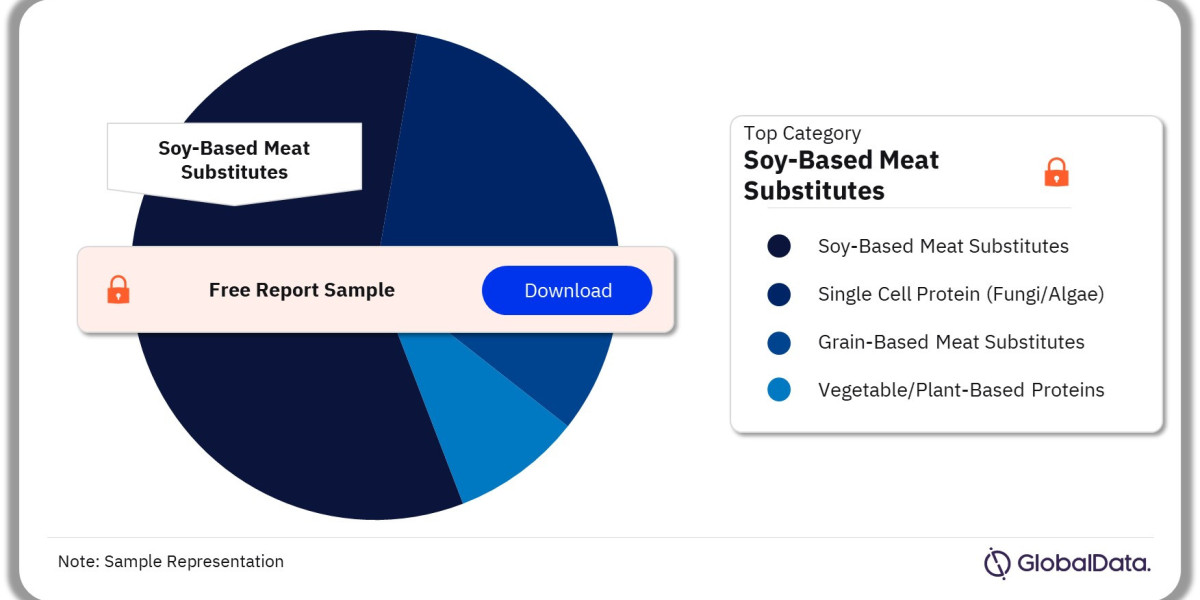In Australia, as in many parts of the world, ensuring the safety and quality of food products is of utmost importance. The British Retail Consortium (BRC) Global Standards is a leading safety and quality certification program recognized internationally. BRC certification provides assurance to consumers, retailers, and regulatory authorities that food products meet stringent safety and quality standards. Let's explore what BRC certification entails and why it's crucial for businesses operating in the Australian food industry.
What is BRC Certification?
BRC Global Standards is a leading safety and quality certification program developed by the British Retail Consortium. It sets out requirements for food safety management systems to help organizations produce safe and high-quality food products. BRC certification covers various aspects of food production, including hygiene, traceability, and management commitment to food safety.
Key Principles of BRC Certification
BRC certification is based on several key principles:
Senior Management Commitment: Demonstrating commitment from senior management to ensuring food safety and quality throughout the organization.
Hazard Analysis and Critical Control Points (HACCP): Implementing a robust HACCP-based food safety management system to identify and control hazards in the food production process.
Good Manufacturing Practices (GMP): Adhering to strict hygiene and manufacturing practices to maintain a clean and safe production environment.
Traceability and Product Recall: Establishing systems for traceability and product recall to promptly identify and remove unsafe products from the market if necessary.
Supplier Management: Ensuring that suppliers meet the same high standards for food safety and quality to maintain the integrity of the supply chain.
Continual Improvement: Committing to continually improving food safety and quality processes through regular audits, reviews, and updates to procedures.
Benefits of BRC Certification in Australia
BRC certification offers numerous benefits for food businesses operating in Australia:
- Enhanced Food Safety: BRC certification helps businesses implement robust food safety management systems, reducing the risk of foodborne illnesses and contamination.
- Market Access: BRC certification is recognized globally and often a requirement for supplying food products to major retailers and food service providers in Australia and beyond.
- Consumer Confidence: BRC certification assures consumers that products have been produced in compliance with stringent safety and quality standards, enhancing trust and confidence in the brand.
- Legal Compliance: BRC certification helps businesses comply with relevant food safety regulations and demonstrate due diligence in the event of a food safety incident.
- Competitive Advantage: BRC certification can differentiate businesses from competitors, demonstrating a commitment to excellence in food safety and quality management.
- Supply Chain Efficiency: BRC certification encourages the adoption of best practices throughout the supply chain, improving efficiency, reliability, and collaboration among suppliers and manufacturers.
The BRC Certification Process in Australia
The process of obtaining BRC certification typically involves the following steps:
- Preparation: Reviewing brc certification standards, conducting a gap analysis, and implementing necessary changes to meet certification requirements.
- Documentation: Developing and documenting food safety management systems, procedures, and records in accordance with BRC standards.
- Training: Providing training to employees on food safety practices, HACCP principles, and BRC requirements.
- Internal Audit: Conducting internal audits to assess compliance with BRC standards and identify areas for improvement.
- Certification Audit: Engaging a third-party certification body to conduct an independent audit of the organization's food safety management systems against BRC standards.
- Certification: Upon successful completion of the certification audit, the organization is awarded BRC certification, which is typically valid for a specified period, subject to surveillance audits.
Conclusion
BRC certification is a testament to a company's commitment to food safety, quality, and compliance with industry best practices. For businesses operating in the Australian food industry, BRC certification is not only a requirement for market access but also a means of ensuring consumer trust and confidence. By implementing robust food safety management systems and obtaining BRC certification, Australian food businesses can thrive in a competitive global market while contributing to the safety and integrity of the food supply chain.



